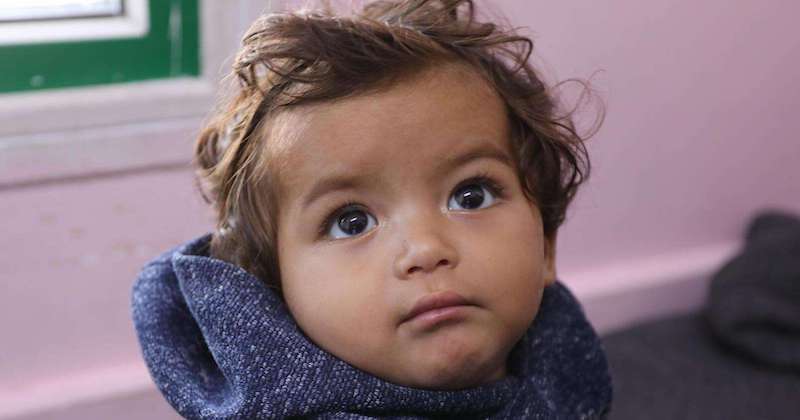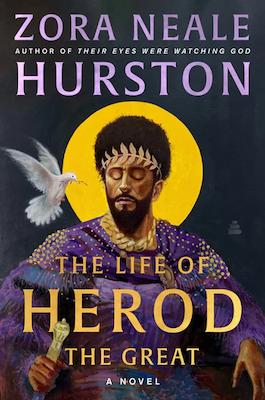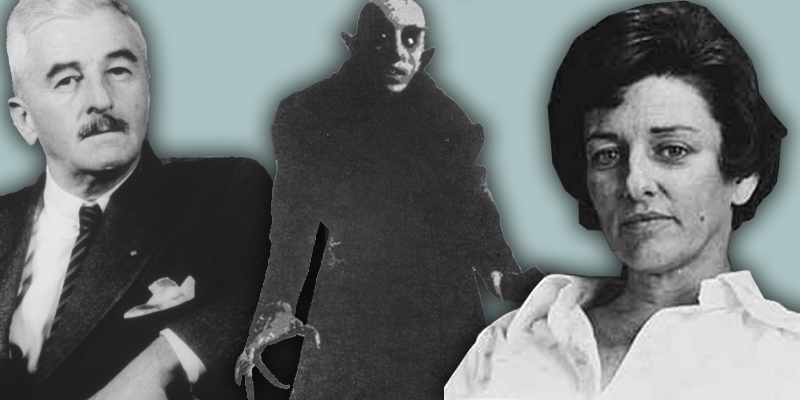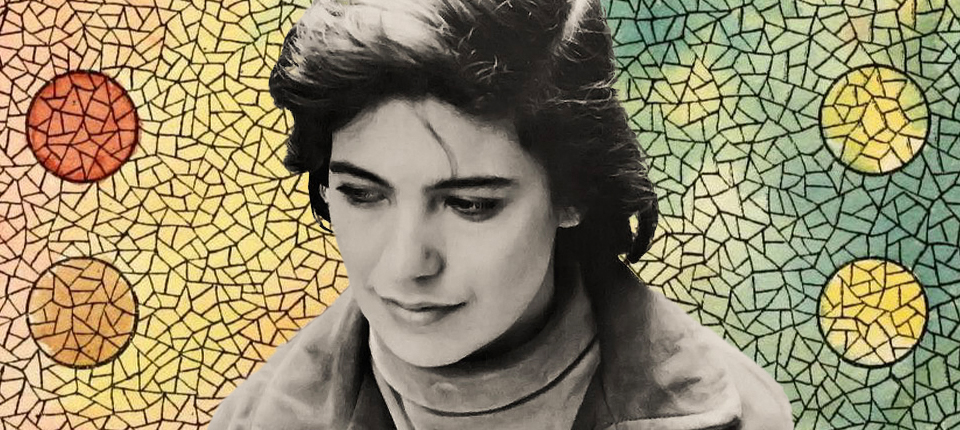I have a soft spot for stories from Japan written about the time when all the conveniences of today’s society didn’t rule our lives.
Growing up in the suburbs of Tokyo in ‘80s and ‘90s, we had so much freedom. I was three when I was allowed to play with my friends at the park in our condo complex without supervision. I was five when I started crossing stop lights alone to visit my pre-school friend. We all walked to the school under the blazing sun or the harsh winters that gave us frostbite. From the time the school bell rang at 3:30pm to the 6:00pm evening siren that echoed through our town, we played hard. Our parents didn’t schlep us to lessons or organize sports practices. Instead, we crawled under rusty wire fences to an abandoned factory to build a secret base. We ventured into the forest to look for an air raid shelter. We squatted down by an irrigation canal to catch crayfish, only to learn that they eat their babies. If we were hungry, we stuffed ourselves with unknown fruits from trees. I remember spending the night crying under my blanket, worried that they could have been poisonous and praying none of us would be found dead tomorrow.
That society, what I like to call the analog society, was as imperfect as it is now, but we were free.
Kyoko, the protagonist of my novel, is a Japanese widow raising her son in San Francisco. She constantly navigates the different cultures in her life––Japanese, Jewish, and American. Her Jewish-American mother-in-law and her Japanese mother think they know what’s best. And because they have only lived in one country, they are confident what they tell her is right. But Kyoko sees both sides. It frees her and confuses her, and often leads her to unexpected decisions that bring her closer to the people around her.
Here are 7 works of Japanese fiction in translation that explore life in the analog age, an era before we were beholden to our cell phones, social media and the internet.
Rivers by Teru Miyamoto, translated by Roger K. Thomas and Ralph McCarthy
In the 1950s, the working-class people in Japan were trying to build a new life. Some rose and others fell. In the story “Muddy River,” Nobuo whose parents run a noodle shop by the river. Nobuo meets a boy named Kiichi who just moved to the other side of the river on an abandoned barge. We find out that Kiichi lost his father in the war and his mother supports her children by selling her body. Nobuo brings Kiichi and his older sister Ginko to his house. Nobuo’s mother welcomes them. Nobuo’s mother does not ask them anything about their mother. She combs Ginko’s hair, tries to give her a summer dress, and invites her to help around the noodle shop. Nobuo’s father pushes his male customers away to protect them from slander. They know how hard it is to live without a father. They know what the war has done to people. In Rivers, Teru Miyamoto gives life to displaced people. Miyamoto isn’t glorifying the people in post-war Japan, he is depicting the people he met during his childhood in Osaka.
The Diving Pool by Yōko Ogawa, translated by Stephen Snyder
Yoko Ogawa once wrote in an essay that when she rereads a book, she often finds the story isn’t how she remembered and that’s how it should be because readers continue to create their version of the story even after they finished the book.
The Diving Pool is a compilation of three novellas. The tone of the story “Pregnancy Diary” is deceptively peaceful and inviting, but the atmosphere is eerie. Yolks are yellow blood. Kiwi seeds are little black bugs. The macarons in the gratin are intestines stuffed with slimy stomach juices. These are descriptions made by a pregnant sister. Why does the older sister couple live with the protagonist? Where is their parents? We do not know the background of the sister and that is exactly the power of this story because we only focus on what is happening at the present moment.
The Friends by Kazumi Yumoto, translated by Cathy Hirano
Death seemed to be part of our lives as kids. Cicada carcasses scattered everywhere at the end of summer, male feral cats losing fights, and someone always missing school to attend their grandparent’s funeral.Three boys in The Friends decide to spy on an old man who is living on the edge of their town. They want to witness him dying. The old man notices being watched, and their strange friendship begins to form. The story is set in the time when summer vacation still belonged to kids.
Norwegian Wood by Haruki Murakami, translated by Jay Rubin
Norwegian Wood is a novel told from the perspective of Toru Watanabe as he looks back on his college days in Tokyo. A novel of love, longing, and nostalgia set against the backdrop of the 1968–1969 Japanese university protests. As a young man in the 1960s, he meets two women: Naoko and Midori. Naoko is a fragile beauty, her youth spent mostly in a psychiatric institution after breaking down over the deaths of her boyfriend and her sister. These two women, the opposites of each other, leave an indelible mark on Toru. But what’s most intriguing about the book is the character Midori. Midori is a woman who says exactly what she wants and how she wants to be loved. She is not looking for perfect love. She is looking for perfect selfishness. The book is set in 60’s in Japan when people didn’t question about male dominant society. You can see how refreshing someone like Midori back then and even the time when this was written in 80’s.
Record of a Night Too Brief by Hiromi Kawakami, translated by Lucy North
In “A Snake Stepped On,” when a woman steps on a snake, it transforms into a woman in her 50s. The woman claims the protagonist that she is her mother and lives in her house as if it is the most normal thing to do.
Anything is possible in Kawakami’s novel. The strangeness just slips into reality that if you do not pay attention, you will carry it into your day. Soon you will be chasing a snake on the mountain, saying “Don’t go. You are my mother.” In this book, a brother can be invisible still living alongside of their family, and coffee becomes night as you look into a cup. Master of borderlessness, Kawakami can leap across time, space, and body. When I read Kawakami’s book, I believe we can be friends with anyone, a horse woman, an invisible person, or a talking kiwi. I don’t smell time in her book. Things can behappening now or thirty years ago. It’s truly a timeless book and this all comes back to how elegantly Kawakami writes.
The Running Boy and Other Stories by Megumu Sagisawa, translated by Tyran Grillo
In the story “A Slender Back,” Ryōji sees Machiko sitting alone in the middle of the room at his father’s funeral. Machiko was the only woman who stayed with Ryōji’s father. Her smile flickers like a florescent light. He recalls the time he spent with her while his father chased other women. As Machiko endured the father’s behavior, she lost her mental stability.
Megumu’s story sharply captures emotions. Take the scene of Ryōji recalling the time when Machiko cut his hair. She used to be a hairdresser, but now she waits for his father at home making tiny paper cranes. Machiko’s pain is in this line: “There’s something forlorn about our hair, isn’t there, Ryōji… On someone’s head, we caress it––say it’s beautiful, even. But once that hair is cut off and falls to the ground, it becomes dirty to us somehow…” Just in one speech, we get the unforgettable images of loneliness and desperation.

The Eighth Day by Mitsuyo Kakuta, translated by Margaret Mitsutani
In 1985, when Kiwako Nonomiya kidnaps her married lover’s newborn baby, her days as a fugitive begin. She names his baby Kaoru and raises the child as her daughter. Kiwako hides in the cult religious group until the group is exposed to the public eye. She moves to Syodo island and blends with villagers all to find a peaceful life with her daughter. This page turner story sheds light on a woman who committed an unforgivable crime. Kakuta always focuses on the women’s side of stories. You know the book will end with tragedy but she is so good at taking readers through the protagonist’s movement and interior thoughts without ever being confused that you can’t stop reading. Literary, essays, crime fiction, and even the translation of The Tales of Genji, this veteran writer can write anything.



























































